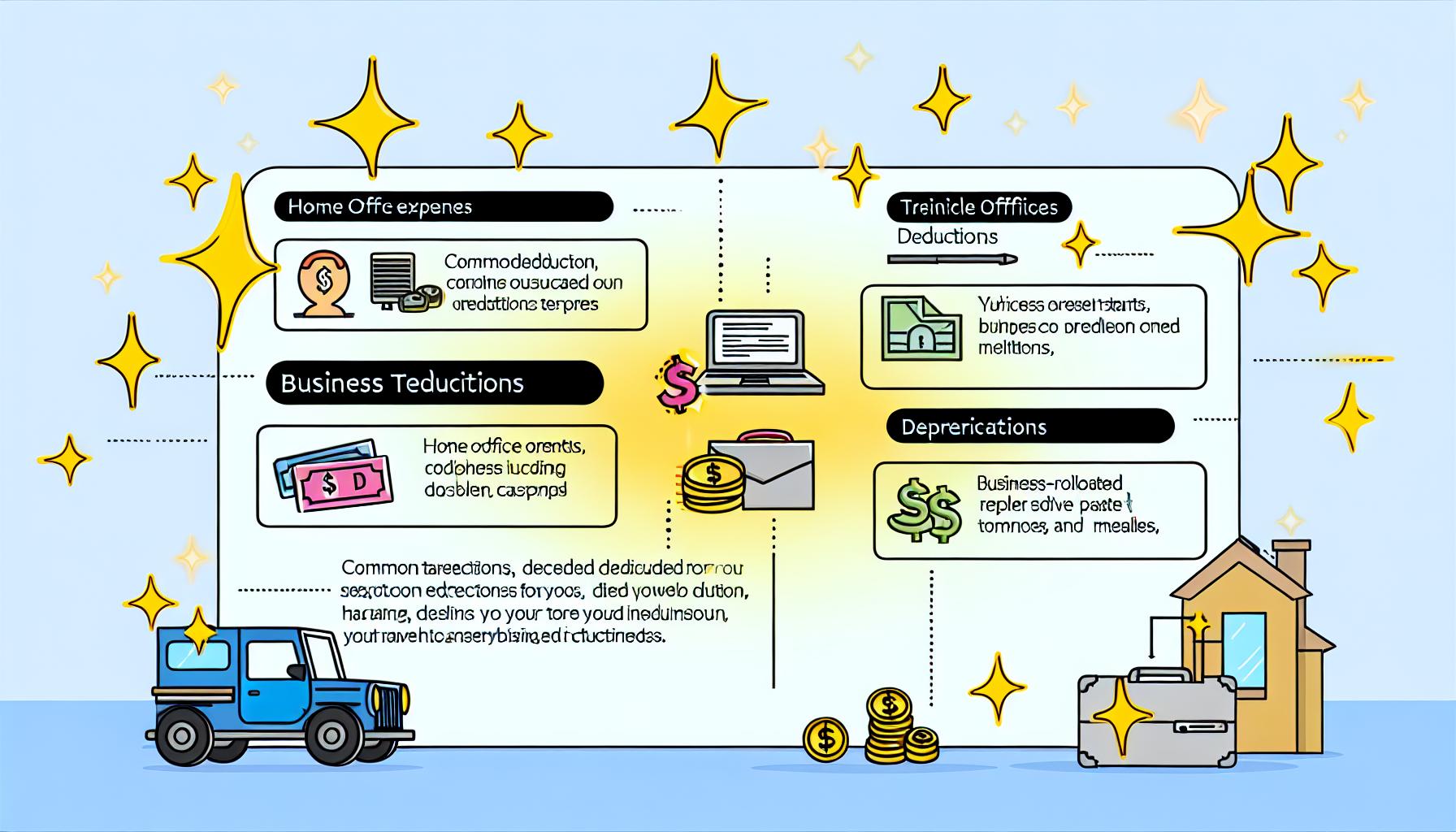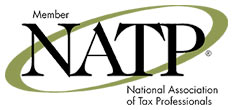.loader { border: 16px solid #f3f3f3; border-top: 16px solid #3498db; border-radius: 50%; width: 120px; height:…

The Top Tax Deductions Every Small Business Owner Should be Aware Of
The Top Tax Deductions Every Small Business Owner Should be Aware Of
As a small business owner, you have many responsibilities on your plate, including managing your finances and preparing your taxes. One way to help minimize your tax burden is by taking advantage of tax deductions. By understanding the tax deductions available to you, you can potentially save your business a significant amount of money each year. In this blog post, we will discuss some of the top tax deductions that every small business owner should be aware of.
tax deductions
1. Home Office Deduction
If you operate a business out of your home, you may be eligible for the home office deduction. This deduction allows you to deduct a portion of your rent or mortgage interest, utilities, and other expenses related to your home office. To qualify for this deduction, your home office must be used regularly and exclusively for business purposes.
2. Business Vehicle Expenses
If you use a vehicle for business purposes, you can deduct the costs associated with owning and operating that vehicle. This includes expenses such as gas, oil changes, repairs, insurance, and depreciation. You can either deduct the actual expenses incurred or use the standard mileage rate set by the IRS.
3. Startup Costs
As a new business owner, you may incur expenses before your business officially opens its doors. These startup costs, such as market research, advertising, and legal fees, can be deducted in the year that your business begins operations. Make sure to keep detailed records of all startup expenses to take advantage of this deduction.
4. Health Insurance Premiums
If you are self-employed and pay for your own health insurance, you can deduct the cost of your premiums as a business expense. This deduction can also apply to premiums paid for your spouse, dependents, and employees. Keep in mind that you cannot deduct more than your business’s net profit.
5. Retirement Contributions
Contributing to a retirement account, such as a SEP IRA or a Solo 401(k), can not only help you save for the future but also provide a tax deduction. You can deduct contributions made to these accounts up to certain limits set by the IRS. Consult with a financial advisor to determine the best retirement plan for your business.
By taking advantage of these tax deductions, you can potentially lower your taxable income and save money on your taxes. It’s important to keep detailed records of all expenses and consult with a tax professional to ensure that you are maximizing your deductions.
For more information on how tax deductions can benefit your small business, you might also be interested in our past blog post on Top 5 Tax Deductions Every Small Business Owner Should Know.
If you need help with tax preparation, bookkeeping, or any other financial services, you can always contact us at Apley Capital. Our team of experts is here to help you navigate the complex world of small business finances and taxes.



